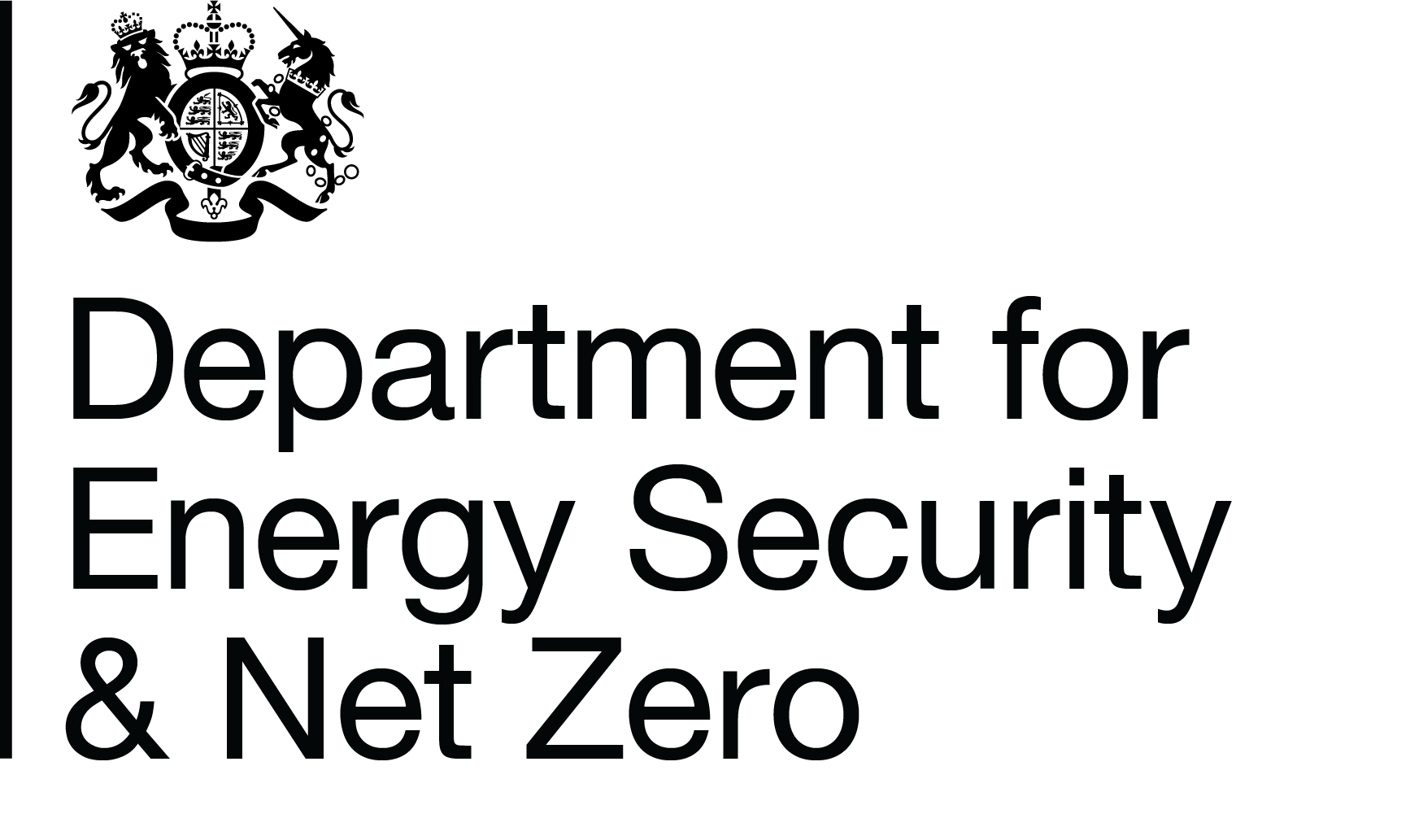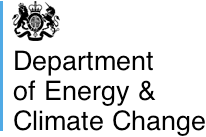Balance of Competence Energy Review
Feedback updated 17 Jun 2017
We asked
You said
We did
Overview
This consultation was carried out by the Department of Energy and Climate Change. In July 2016, the department merged with the Department for Business and Innovation and Skills to form the Department for Business, Energy and Industrial Strategy.
The Foreign Secretary launched the Balance of Competence Review in Parliament on 12 July 2012, taking forward the Coalition commitment to examine the balance of competences between the UK and the European Union. The review will provide an analysis of what the UK’s membership of the EU means for the UK national interest. It aims to deepen public and Parliamentary understanding of the nature of our EU membership and provide a constructive and serious contribution to the national and wider European debate about modernising, reforming and improving the EU in the face of collective challenges. It will not be tasked with producing specific recommendations or looking at alternative models for Britain’s overall relationship with the EU. It is intended that the process will be comprehensive, evidence-based and analytical.
The Department of Energy and Climate Change is leading on the area of the review covering energy and the call for evidence examines the scope of the EU’s competence in energy, how it is used and its effect on the UK. The review will include consideration of the internal energy market and its contribution to the single market and growth; security of energy supply, import dependency, indigenous energy resources and energy infrastructure development; energy efficiency; renewable energy; carbon capture and storage; the EU external energy dimension (role of EU in international organisations and agreements with third countries); and nuclear and Euratom.
Why your views matter
We are seeking evidence from individuals, organisations and groups who have relevant knowledge, expertise or experience in the field of energy both from the UK and beyond. The final report will be based on evidence submitted during the 12 week call for evidence period from 24 October 2013 to 15 January 2014.
We invite you to respond to a number of questions that are intended to help stimulate debate on the review of energy competences. The questions are not intended to be exhaustive and if your experiences of the impact of EU legislative and non legislative competences affecting energy activities are not sufficiently captured by the questions, please feel free to contribute your views at the end of the on-line survey or by email if you prefer at: balanceofcompetence@decc.gsi.gov.uk. Please also use this email address if you have any questions on the review and wish to register for one or more of our stakeholder workshops:
- Thursday 14th November (14:00-16:00) - London - Themed: internal energy market, security of supply and infrastructure development, indigenous resources, import dependency, EU-external relations
- Monday 18th November (am) – London - General (all themes)
- Wednesday 20th November (14:00-16:00) – London - Themed: sustainability – renewables and carbon capture and storage
- Monday 25th November (am) – London - General (all themes)
- Friday 29th November (14:00-16:00) – London - Themed: energy efficiency
- Tuesday 3 December (14:00-16:00) – Brussels - General (all themes)
- Friday 6 December (14:00-16:00) – Glasgow - General (all themes)
- Wednesday 11th December (14:00-16:00) – London Themed: Nuclear and Euratom
- Tuesday 7th January (14:00-16:00) – Aberdeen, Atholl House - General (all themes)
- Wednesday 8th January (14:00-16:00) – Cardiff , The Temple of Peace and Health, King Edward VII Ave, Cathays Park- General (all themes)
- Thursday 9th January (14:00-16:00) – London - Emerging themes (of workshops and evidence so far)
- Monday 13th January (14:00-16:00) – Belfast, Stormont Hotel - General (all themes)
For more information, please download our call for evidence documents:
Links
Please bear in mind that your evidence should be objective and we should also appreciate it, if, where relevant, you are able to include published sources of information in support of your views. We will expect to publish your response at the time of the final energy report together with the name of your organisation if applicable - unless you ask us not to do so. However, please note that, even if you ask us to keep your contribution confidential, we may have to release it in response to a request under the Freedom of Information Act, but we would not publish your own name unless you wish it to be included.
Audiences
- Wind
- Nuclear
- Coal
- Wave and tidal
- Construction
- Investment
- Manufacturing
- Retail
- Property
- Finance
- Installer
- Landlord
- Universities
- General public
- Older people
- Younger people
- Disability groups
- The Devolved Administrations
- Charities and Third Sector organisations
- Non-Government Organisations
Interests
- Coal
- Distributed energy and heat
- International
- Nuclear
- Renewable energy
- Energy and climate change
- Energy efficiency
- Housing
- Electricity
- Fuel poverty
- Oil and gas
- Saving energy
- Security and resilience
- Carbon budgets
- Carbon offsetting
- Emissions
- Carbon capture and storage
- Carbon markets


Share
Share on Twitter Share on Facebook